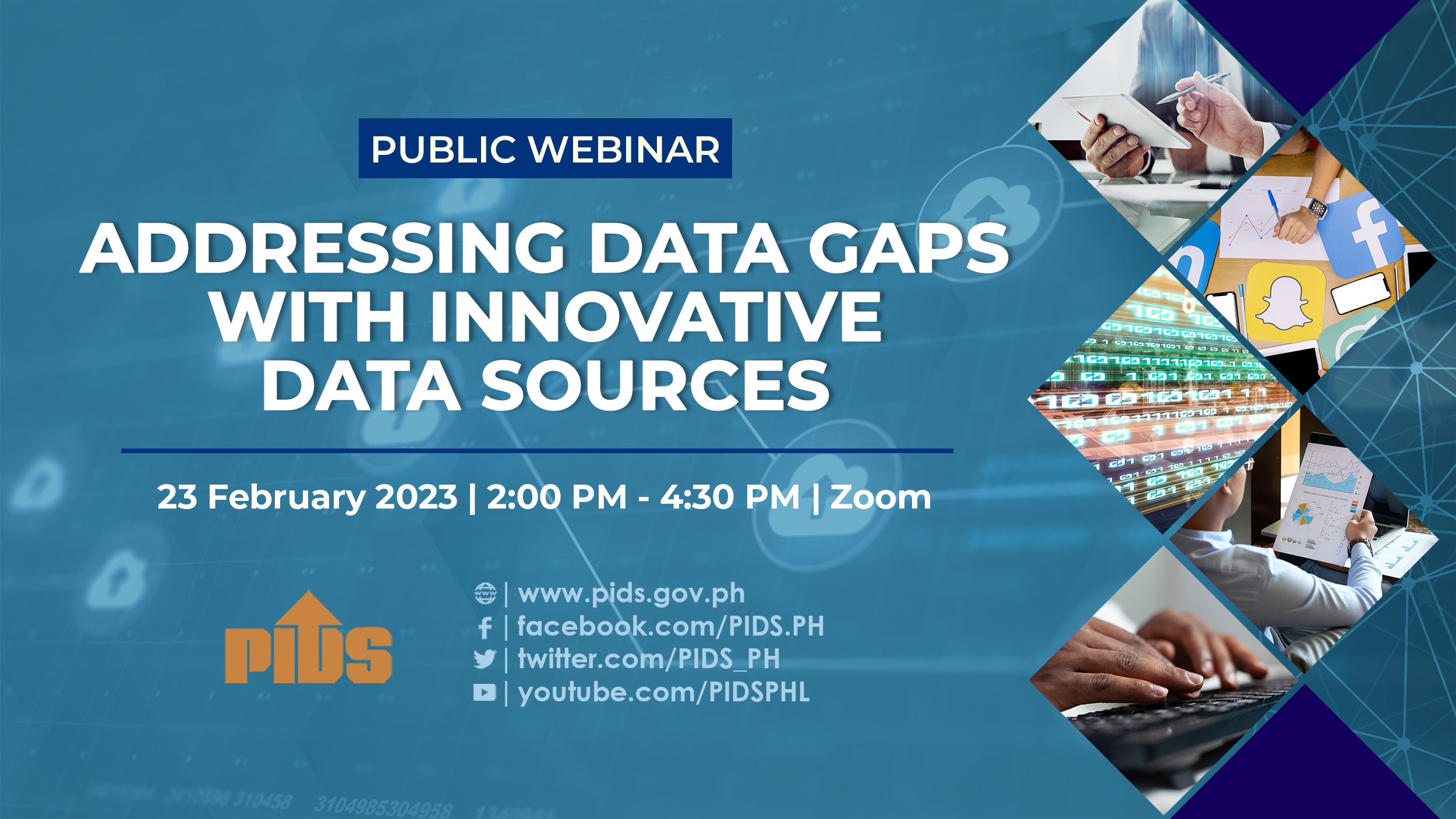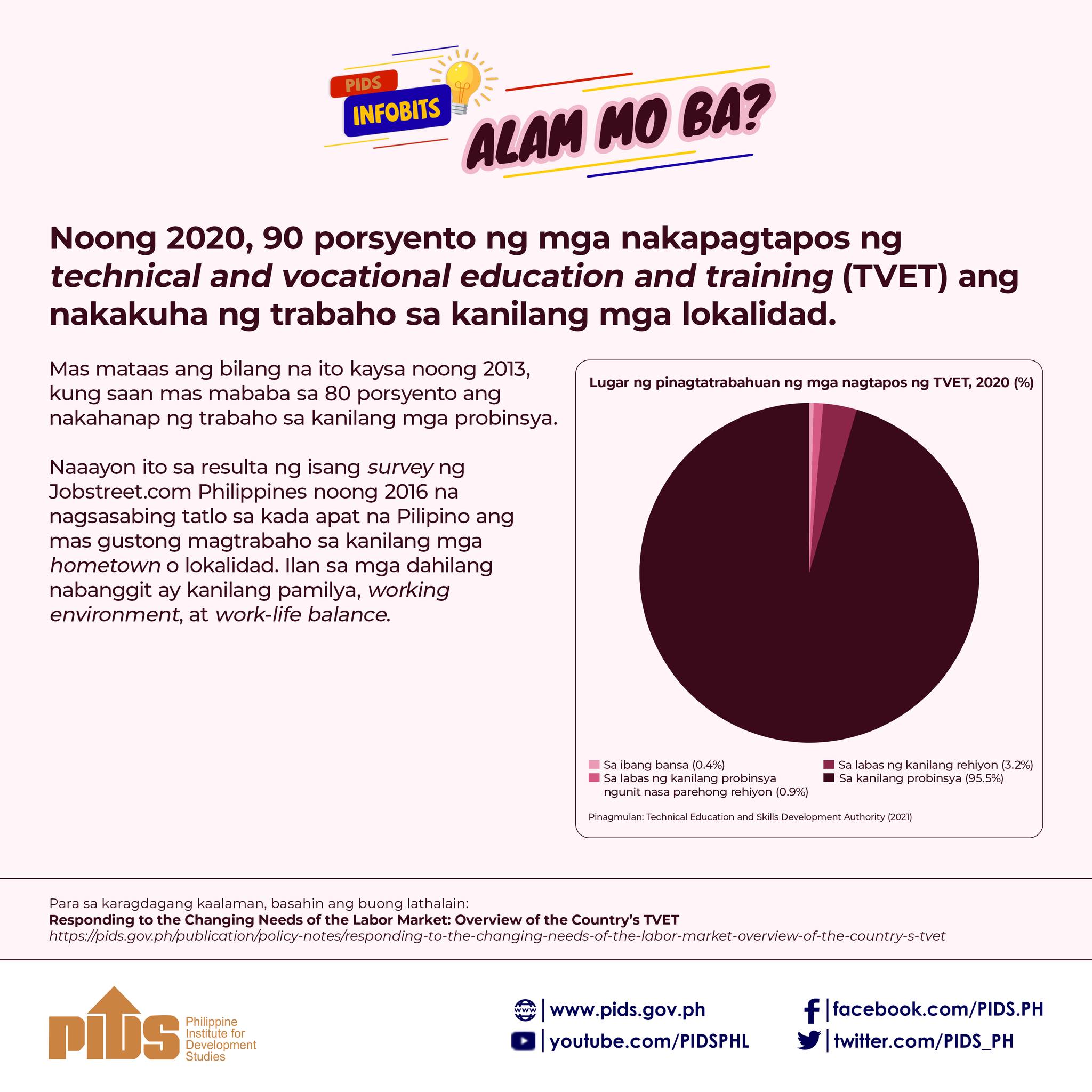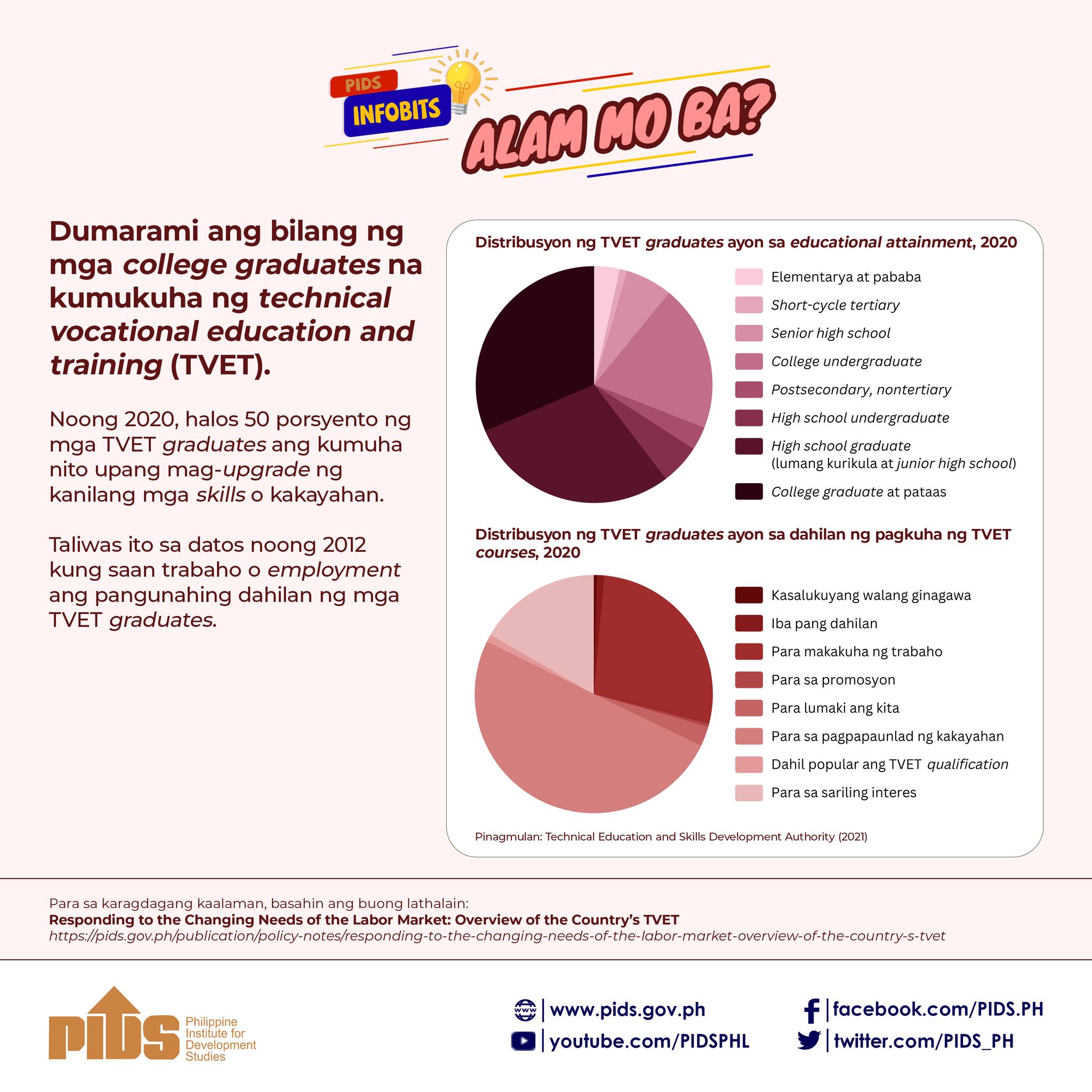The Philippine Competition Commission (PCC) will hire experts to conduct market studies on the country’s nine priority sectors this year to find out their concerns and how to address them, and also examine guidelines on implementing its whistleblowing program better.
In a media briefing on Wednesday, PCC Commissioner Stella Quimbo identified these sectors, which she said “tend to have a big impact on consumers” and “promote growth,” as rice, meat and poultry, pharmaceuticals, land transportation, air transportation, agricultural credit, digital commerce, retail, and telecommunications.
Quimbo said the studies would help the PCC identify, prioritize and deal with the competition issues affecting the sectors.
Using telecommunications as an example, she said the study on that sector would cover all aspects of the market and value chain.
Citing the Court of Appeals’ decision to stop the PCC from reviewing PLDT Inc. and Globe Telecom’s P69.1-billion buyout of San Miguel Corp.’s telecommunications assets, Quimbo said “it’s hard to avoid” the impact of the deal, “because when you do a market study, you” assess the quality and speed.
Noting that the deal’s aim was to improve speed, she said market analysts would look into that to see if that goal was met.
The commissioner said the studies “would be bidded out” and would normally take “six to 12 months” to complete.<
The agency has already entered an agreement with the Philippine Institute for Development Studies (PIDS) to conduct some of them, she added.
For his part, PCC Commissioner Johannes Bernabe said having independent, third-party experts to provide an impartial view on the sectors, especially telecommunications, would be good.
On the whistleblowing program, Bernabe said the PCC is working on guidelines on those wanting to “share information on possible cartel or anti-competitive conduct” with the agency.
The commission said earlier it would recruit whistleblowers who will report such conduct.
“Obviously, [such reporting]would provide rewards to those who come forward,” Bernabe said.
For instance, whistleblowers who identify themselves as part of a cartel could be granted immunity from lawsuits or suffer fewer penalties, he added.
“Those who will come in later and offer information, as well, can still benefit from the program [or suffer lighter]penalties, but not [as much as]those who first came in,” he said.
In a media briefing on Wednesday, PCC Commissioner Stella Quimbo identified these sectors, which she said “tend to have a big impact on consumers” and “promote growth,” as rice, meat and poultry, pharmaceuticals, land transportation, air transportation, agricultural credit, digital commerce, retail, and telecommunications.
Quimbo said the studies would help the PCC identify, prioritize and deal with the competition issues affecting the sectors.
Using telecommunications as an example, she said the study on that sector would cover all aspects of the market and value chain.
Citing the Court of Appeals’ decision to stop the PCC from reviewing PLDT Inc. and Globe Telecom’s P69.1-billion buyout of San Miguel Corp.’s telecommunications assets, Quimbo said “it’s hard to avoid” the impact of the deal, “because when you do a market study, you” assess the quality and speed.
Noting that the deal’s aim was to improve speed, she said market analysts would look into that to see if that goal was met.
The commissioner said the studies “would be bidded out” and would normally take “six to 12 months” to complete.<
The agency has already entered an agreement with the Philippine Institute for Development Studies (PIDS) to conduct some of them, she added.
For his part, PCC Commissioner Johannes Bernabe said having independent, third-party experts to provide an impartial view on the sectors, especially telecommunications, would be good.
On the whistleblowing program, Bernabe said the PCC is working on guidelines on those wanting to “share information on possible cartel or anti-competitive conduct” with the agency.
The commission said earlier it would recruit whistleblowers who will report such conduct.
“Obviously, [such reporting]would provide rewards to those who come forward,” Bernabe said.
For instance, whistleblowers who identify themselves as part of a cartel could be granted immunity from lawsuits or suffer fewer penalties, he added.
“Those who will come in later and offer information, as well, can still benefit from the program [or suffer lighter]penalties, but not [as much as]those who first came in,” he said.












